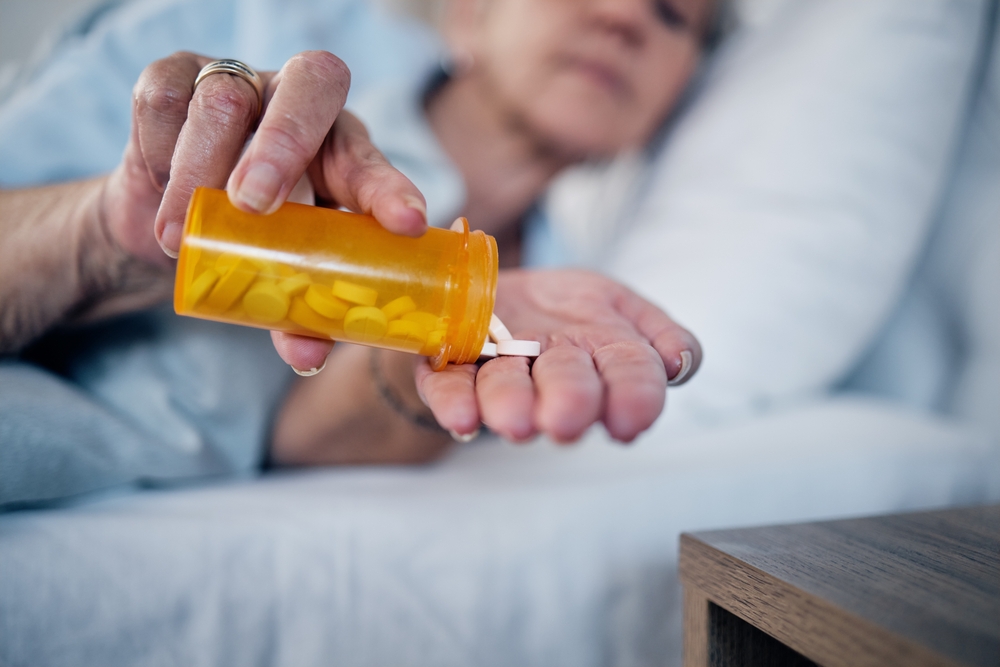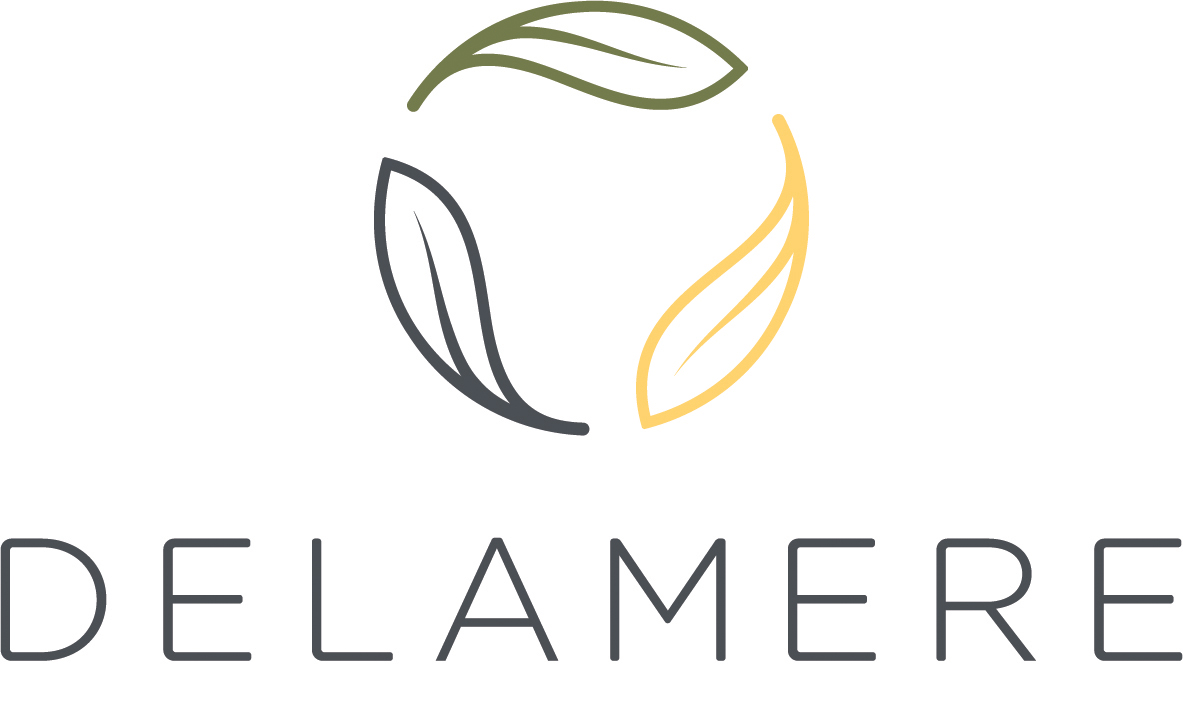What’s included?
- Introduction
- What are the symptoms of Seasonal Affective Disorder?
- Who is most susceptible to Seasonal Affective Disorder?
- How is SAD linked to alcohol and drug addiction?
- What are the best treatments for SAD and addiction?
- How can Delamere help SAD and addiction?
We all feel the winter blues as the nights draw in. The gloomy conditions and cold, wet weather can make us want to retreat indoors and feel less like socialising. But there’s a big difference between feeling a bit low and experiencing major depression.
If you find it very hard to function during the colder months, to the extent that it negatively affects your work, home, and social life, you may be suffering with Seasonal Affective Disorder (SAD). For some people, this makes them vulnerable to addiction.
The question is, what comes first? Do people with Seasonal Affective Disorder turn to drink and drugs to self-medicate or does an existing addiction make you more prone to developing ‘winter depression’? This article explores the link between the two and what treatment options are available.
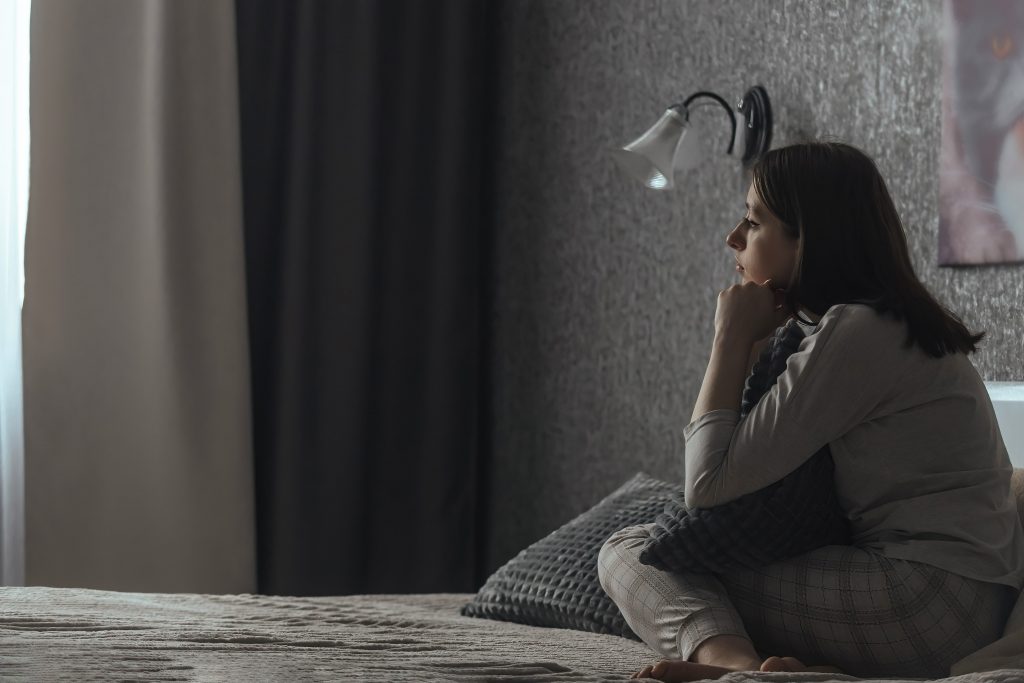
What are the symptoms of Seasonal Affective Disorder?
The Diagnostic Manual of Mental Disorders (DSM-5) identifies the condition as a ‘major depressive disorder of seasonal pattern’. While the cause and effect of Seasonal Affective Disorder (SAD) is still debated, it is believed that certain neurotransmitters in the brain play an important role.
During winter, sunlight hours decrease, which can cause biochemical changes in the brain. This includes producing less of the ‘happy hormone’ serotonin; less of the calcium and phosphate regulator vitamin D; and less melatonin, which promotes good sleep.
These changes can cause low mood, fatigue, and disruptions to the circadian rhythm which can lead to both drowsiness and insomnia. Common Seasonal Affective Disorder (SAD) symptoms include:
- Depression
- Feelings of helplessness or hopelessness
- Stress and irritability
- Lack of interest in usual activities
- Lethargy, sluggishness, and fatigue
- Difficulty concentrating
- Becoming less sociable
- Sadness and tearfulness
- Increased appetite and weight gain
- Sleeping too little or too much
Many of these symptoms are also common in people who are abusing alcohol or other substances. It’s important to get a proper diagnosis from a medical professional to understand the best approach to treatment.
Who is most susceptible to Seasonal Affective Disorder?
Anyone can develop Seasonal Affective Disorder, but it’s especially prevalent in places that experience extreme changes during the seasons. For instance, people who live far north or south of the equator experience much less sunlight in winter. As well as your geographical location, here are some other factors that may influence your risk of developing SAD:
Age 18-30: Seasonal Affective Disorder is believed to start in young adulthood with symptoms beginning to decline by age 50.
Female gender: Women are more likely to suffer with depression in general than men and are four times more likely to be diagnosed with Seasonal Affective Disorder (1).
Genetics: SAD is more common in people who have relatives with major depressive disorders, such as schizophrenia.
Existing conditions: People who already suffer with a depressive disorder may find their symptoms intensify as the seasons change.
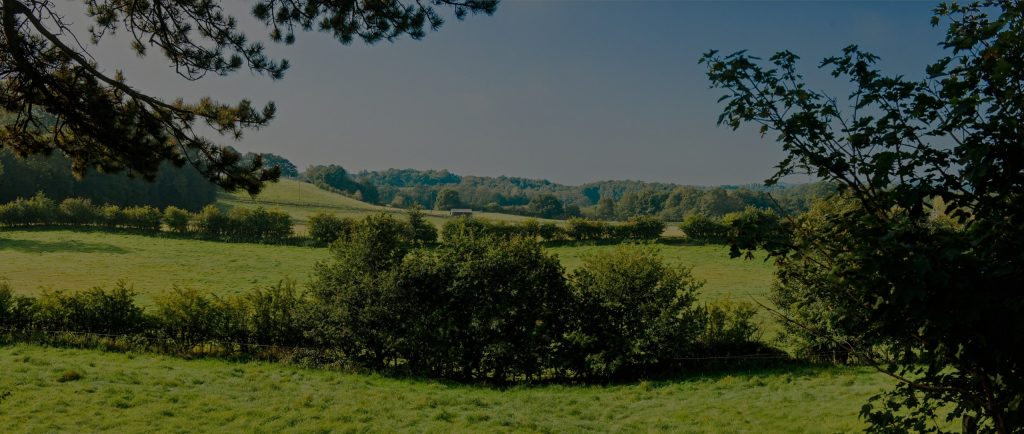
How is SAD linked to drug and alcohol addiction?
Mental Health First Aid (MHFA) England reports that 30-50% of people with a severe mental illness also have problems with substance use and that a significant number who use substance abuse services have mental health issues.
Seasonal Affective Disorder can result in people self-medicating with different substances depending on the symptoms. Some might turn to stimulants such as cocaine for a lift if they’re feeling sluggish, while others may try to escape negative feelings by relying on alcohol.
On the flip side, SAD can also result from long-term substance abuse due to the effects of alcohol and drugs on the central nervous system. When people use substances over a long period of time the chemical makeup of their brain is altered and this can lead to chronic mental disorders such as Seasonal Affective Disorder.
When someone is suffering with SAD and alcohol or drug addiction, it is referred to as a dual diagnosis. Mental health professionals recommend treating these two conditions together so that one doesn’t overpower the other. For instance, someone may find it hard to supress their cravings for alcohol if they are depressed due to Seasonal Affective Disorder.
If you’re in long term recovery you may also be more at risk of SAD during the winter months. Statistics show that the change in season correlates with an increase in relapse. This is because Seasonal Affective Disorder occurs at a time of year when there are multiple triggers for substance abuse, especially over the festive period.
What are the best treatments for SAD and addiction?
If you’ve noticed your depression worsening in winter there are some things you can do to break the cycle of drug or alcohol addiction while also lessening your Seasonal Affective Disorder symptoms.
Get some fresh air
Lack of Vitamin D is one of the contributors to depression and you can increase yours naturally with exposure to light. While this is harder with darker mornings and earlier evenings, even just a short walk before or after work is beneficial to your health. Research shows that people who are exposed to light in the morning have better overall sleep as it helps to regulate their circadian rhythm.
Take regular exercise
You don’t have to lift weights or pound the treadmill to get the mental and physical benefits of exercise. If you can’t face seeing other people try yoga or Pilates at home. As well as being great for strengthening and toning, they are rooted in mindfulness and breathing techniques which could help you break bad habits and focus your energy.
Read and write more
Concentrate on indoor hobbies that break you away from negative thoughts, such as getting absorbed in a good book. It may also help to start journalling to note down some of your feelings. A daily diary will help you keep track of your emotions and pinpoint any triggers. This is useful for both managing addiction as well as tackling feelings of depression.
Speak to a therapist
Psychotherapy is known to help people both mentally and socially overcome Seasonal Affective Disorder and addiction. Cognitive Behavioural Therapy (CBT) is one type of therapy that involves talking to a therapist over a period of weeks to help you to think differently about your situation and find methods to cope. Other therapies may encourage you to unearth problems from your past that are contributing to your problems.
Medication
Antidepressants, such as selective serotonin reuptake inhibitors (SSRIs) are commonly used alongside psychotherapy to help treat SAD and addiction. If you’ve received an official diagnosis, your medical professional may also prescribe nutritional supplements, such as Vitamin D, to help balance your mood.
Light therapy
If it’s hard for you to access natural light during the day, you could also consider using a special lamp called a light box or a sunrise alarm clock. These work by mimicking sunlight to reduce your melatonin levels and increase serotonin production. They can have the effect of making you feel less sleepy and improving your mood but aren’t available on the NHS.
Complementary and alternative therapies
Finding other ways to reduce stress can also help with the symptoms of Seasonal Affective Disorder and addiction. Transcendental Meditation (TM) and other forms of mindfulness have shown to lower blood pressure and counteract stressful thoughts which are often at the route of substance dependence (1).
How can Delamere help with SAD and addiction?
Our purpose-built retreat in the natural surroundings of Delamere Forest is the best place to begin your recovery. We have a team of holistic therapists who will help you make sense of your condition, tackle your addiction, and start to move on with your life.
If you’ve been struggling with alcohol and/or drug addiction due to your Seasonal Affective Disorder, we can begin your journey with a safe and comfortable detox under the care of our qualified medical team.
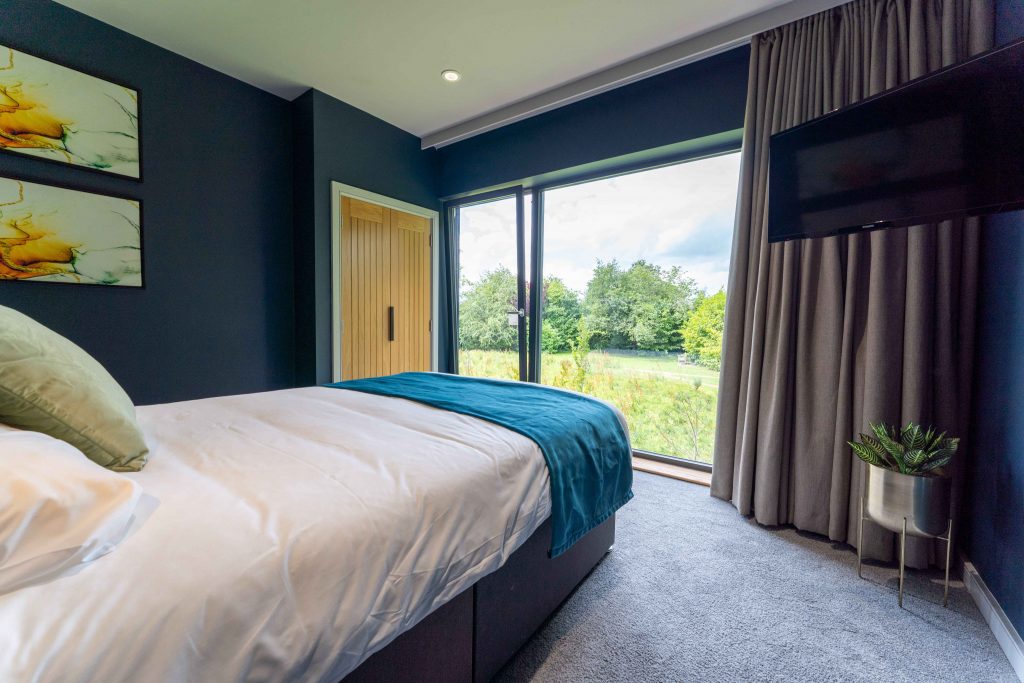
We then use a range of psychotherapies, including Cognitive Behavioural Therapy (CBT), in both one-to-one and group settings. This is supported with a wide range of evidence-based complementary therapies. Guests can freely take part in music and art therapy, breathwork, grounding techniques, journalling, meditation, and equine therapy.
We’ll work with you to find the right combination of treatments to suit your specific needs. Our residential rehab programmes are designed to help you identify your triggers and develop lifelong tools to support your lasting success. You’ll leave our care with a new outlook and the ability to thrive all year round.
If you are concerned about Seasonal Affective Disorder and addiction, call us confidentially to speak to a member of the team today.
References
1. Sherri Melrose. Seasonal Affective Disorder: An Overview of Assessment and Treatment Approaches. Depress Res Treat. 2015; 2015: 178564. Published online 2015 Nov 25. Doi:10.1155/2015/178564.
